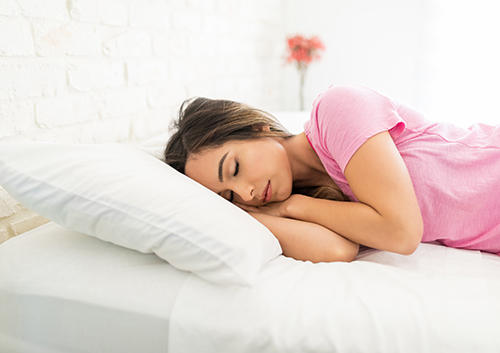Thumb Sucking, Pacifiers, and Your Baby's Teeth
May 19th, 2021

Sucking is a common instinct for babies and the use of a pacifier or their thumb offers a sense of safety and security, as well a way to relax.
According to the American Academy of Pediatric Dentistry, the majority of children will stop using a pacifier and stop sucking their thumb on their own between the ages of two and four years of age. Prolonged thumb sucking or use of a pacifier can have dental consequences and needs be taken care of sooner, rather than later.
Many dentists favor pacifier use over thumb sucking because it makes it easier for parents to control and even limit the use of a pacifier. If thumb sucking lingers, the same strategies used to break the baby from using the pacifier can be used for thumb sucking.
Precautions
- Try to find "orthodontically correct" pacifiers, as they may reduce the risk of dental problems.
- Never dip a pacifier in sugar or honey to calm the baby.
- Give your baby a bottle of water at bedtime, never juice.
Dental Complications
Long term pacifier use can lead to an assortment of dental complications including:
- The bottom teeth leaning inward
- The top teeth slanting outward
- Misalignment of the baby’s jaw
The risk of any or all of these things happening is greatly increased if thumb sucking and pacifier use is sustained after the baby’s teeth start to come in.
Breaking the Thumb Sucking and Pacifier Habit
Most toddlers and children will stop sucking their thumb or using a pacifier between the ages of two and four on their own. However, if intervention is necessary here are a few tips to help your child break the habit:
- Slowly decreasing the use of a pacifier can be effective for many children. This method does not work very well with thumb sucking.
- Thumb sucking can be more difficult to break. Dr. Guijon may recommend using an over the counter cream that you put on the child’s thumb; it doesn’t taste good and usually does the trick.
- Rewards can also help with the process.
- If these simple commonly used strategies do not work, there are oral devices that will prevent a child from sucking their thumb or a pacifier.
Talk to Dr. Guijon and our team, as we have many tricks up our sleeves that will be effective in breaking your child’s thumb sucking or pacifier use.




